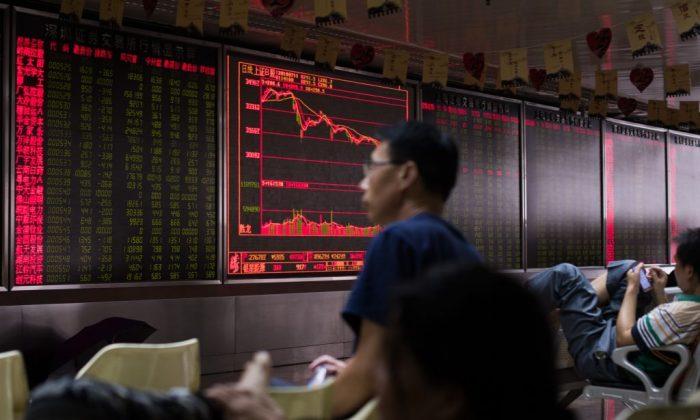Amid a wave of protests by Chinese citizens who recently have lost their investments in peer-to-peer (P2P) lending platforms, thousands more people say their money has disappeared in another area of China’s volatile finance sector: private-equity funds.
On Aug. 8, the Asset Management Association of China, an industry organization under the state’s supervision, released a new list of institutions that it has “lost contact” with, bringing the total of “lost contact” private funds to 170 since the beginning of the year.





